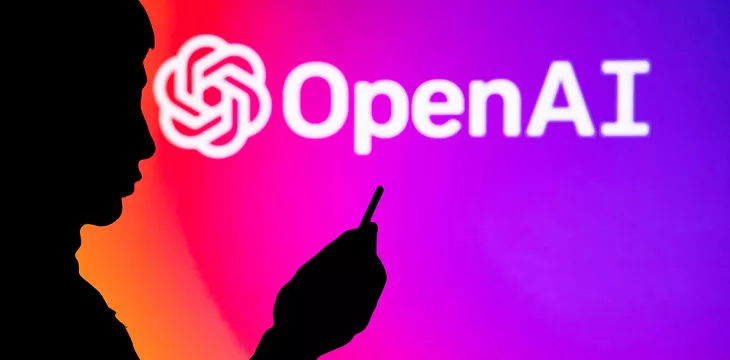|
Getting your Trinity Audio player ready...
|
OpenAI, makers of ChatGPT, has launched an office in Japan in a strong show of intent to expand its artificial intelligence (AI) offerings into new markets.
The new hub, situated in the Japanese capital of Tokyo, will see OpenAI roll out tailor-made offerings for enterprises and other users of its chatbot. Described as the first office outside Europe, OpenAI says choosing Japan was an easy choice given its “culture of service” and forward-thinking community.
“We’re excited to be in Japan which has a rich history of people and technology coming together to do more,” said OpenAI CEO Sam Altman. “We believe AI will accelerate work by empowering people to be more creative and productive, while also delivering broad value to current and new industries that have yet to be imagined.”
As part of its hub’s launch, Open AI says it will roll out a GPT-4 custom model tailored for the Japanese language to cater to cultural nuances. Early tests confirm that the incoming upgrade has demonstrated proficiency in translating Japanese texts three times faster than previous versions.
Tadao Nagasaki is named president of the new OpenAI Japan, and the AI firm has also confirmed a hiring spree to bolster its ranks. Specifically, OpenAI Japan seeks to fill vacancies in its communications, operations, global affairs, and go-to-market arms, with machine learning experts still in high demand.
Altman disclosed that the decision to plant its feet in Japan will offer OpenAI several attendant benefits. For starters, the move brings the company one step closer to several local companies using ChatGPT Enterprise, including Rakuten (NASDAQ: RKUNF), TOYOTA Connected, and Daiken.
While enterprises appear to be the leading users of OpenAI products, administrators in Yokosuka City have turned to ChatGPT to improve public services in the region.
“Growing our presence across the world allows us to learn from a wide range of diverse perspectives, which is critical to our mission of ensuring AGI benefits all of humanity,” OpenAI said.
Presently, OpenAI has offices in the U.S., Ireland, and Britain with Altman’s global tour in 2023 seen as an attempt by the AI developer to shop for friendlier jurisdictions.
A raft of challenges
OpenAI has previously endured a rough patch with Japanese regulators after the company received a stern warning over its data collection methods. The warnings came from Japan’s Personal Information Protection Commission in mid-2023, with 70% of surveyed citizens angling for stricter regulations for AI and other emerging technologies.
OpenAI has not had it easy in Europe, with Italian regulators accusing the U.S.-based company of allegedly violating data protection rules. Despite grappling with privacy concerns, antitrust authorities in the U.S. and U.K. are probing the company over its multi-year partnership with Microsoft (NASDAQ: MSFT).
In order for artificial intelligence (AI) to work right within the law and thrive in the face of growing challenges, it needs to integrate an enterprise blockchain system that ensures data input quality and ownership—allowing it to keep data safe while also guaranteeing the immutability of data. Check out CoinGeek’s coverage on this emerging tech to learn more why Enterprise blockchain will be the backbone of AI.
Watch: Blockchain & AI—there should be confluence between these tech

 07-11-2025
07-11-2025 





